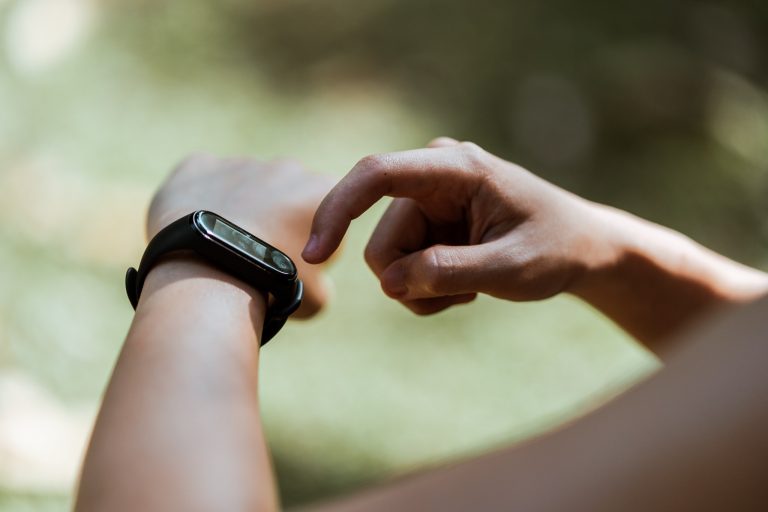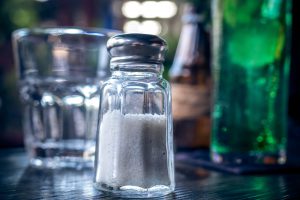With the increasing popularity of smart watches and fitness trackers, more people are keeping a close eye on their heart rate. And while it’s generally good to track health metrics, experts say that monitoring your heart rate too closely could actually have negative health effects.

Photo by Ketut Subiyanto from Pexels
A normal resting heart rate for adults is between 60 and 100 beats per minute (BPM). But that number fluctuates significantly throughout the day, as we engage in our normal daily activities. So continually tracking your rate won’t actually do much good – and could cause you to become obsessed in an unhealthy way.
Heart Rate Matters, But Other Metrics Matter More
That’s not to say that it doesn’t matter. According to the American Heart Association, studies have shown a 16% increase in risk of death for every 10 BPM increase in resting heart rate. But other heart disease risk factors, such as blood pressure, activity level, weight, and whether a person smokes, are more determinative, doctors say.
This is why it’s good to track heart rate along with all of those other metrics, and with your specific risk factors in mind. Experts recommend checking your heart rate and blood pressure once per month. Talk to your doctor to determine what’s normal for you, so you can know if your rate is out of range.
A heart rate that’s too fast or too slow can indicate an issue or illness, and may need to be corrected with medication or a device like a pacemaker. But without consulting your doctor, there’s no reason to obsess over it.
What’s the best way to protect the hearts of those around you? Take a CPR training course!
HeartCert CPR is your trusted training partner for CPR, ACLS, PALS, EMR and First Aid in the Twin Cities and throughout Minnesota.
HeartCert CPR courses include CPR/AED/First Aid and CPR/AED, Basic Life Support (BLS), Advanced Cardiac Life Support (ACLS), Pediatric Advanced Life Support (PALS), and Certified Nursing Assistant training. Courses and certifications from both the American Heart Association and American Red Cross are available.
We are now offering virtual CPR courses and certifications, as well as safe in-person courses at our headquarters, HeartCert CPR Eagan.















